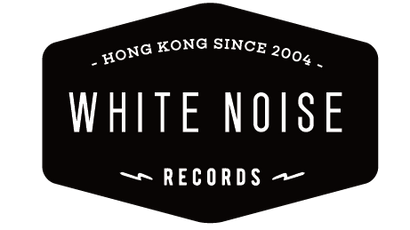Spectre: Machines of Loving Grace, the new album by Para One, whose real name is Jean-Baptiste de Laubier could be called fiction. It is an object freed from constraints, formats, genres, territories: the gospel of a new world. Six years after Club, eight years after Passion, his previous LP, this lover of electronic music, who has also been putting his sensitivity to the service of movies (soundtracks for Céline Sciamma in particular) opens with this record a new dimension in his artistic career.
After defining the structure of the album, Para One went exploring the sounds, and the figureheads that shaped his sensibility as a musician: soundtracks of Japanese anime watched hundreds of times; Indonesian drums and gamelan; the peculiar harmonies, on the verge of dissonance of Bulgarian Voices; Steve Reich’s minimal music; or Detroit techno music. Several trips, to Bali, Japan, and also Bulgaria, have thus fueled the album, clashing with and shaping the electronic architectures of Para One.
In eleven tracks, the record opens like a thriller with Vertigo – a theme full of danger, and anguish lurking in the winding curves of Alpine roads – takes the listener on a breath- taking journey, a constantly surprising, mystical odyssey. One crosses continents, dives in apnea to the ocean floor for several minutes (Atlantique gives the sensation of bringing Steve Reich, Rolando and Drexciya together in one room), then catches one's breath while listening to mysterious children voices as they chant their memories on the more atmospheric Fauna, and goes back briefly to The Orb or Massive Attack (Alpes). After a dark night in the middle of the jungle (Silicon Jungle), there comes the time of light, of renewal. This is Futatsu No Taiyo, which means “two suns” in Japanese, the final bravura on the record. Two fires that join their forces, their energies and give birth to new and truly transcendent music. One that gives access not to the divine but to a liberated self, freed from the weight of the past. A true rebirth.




